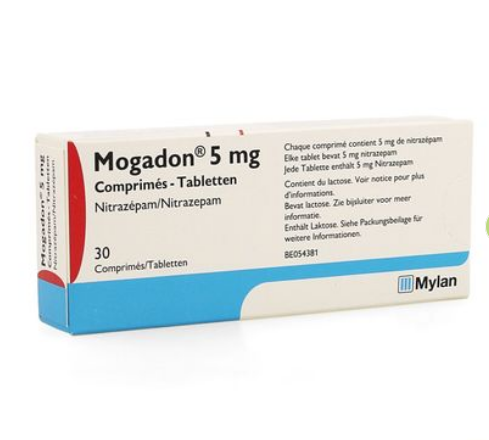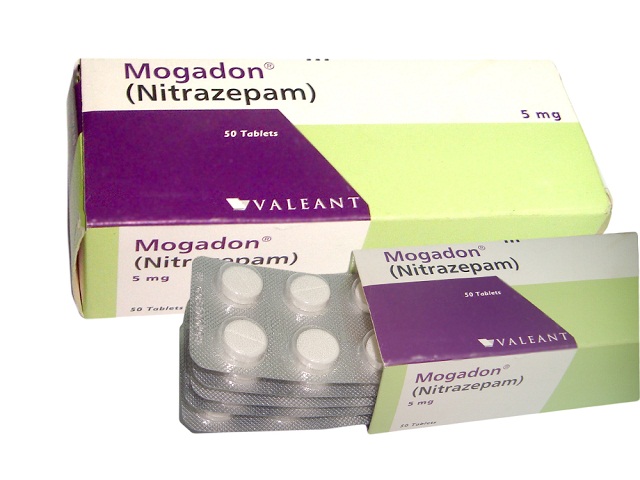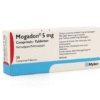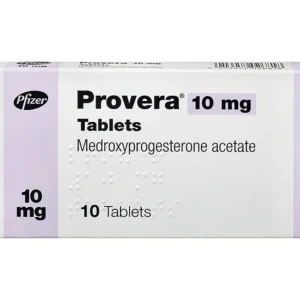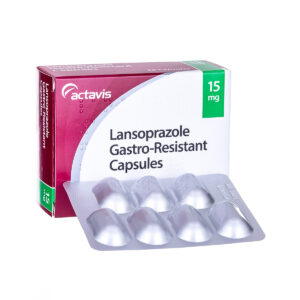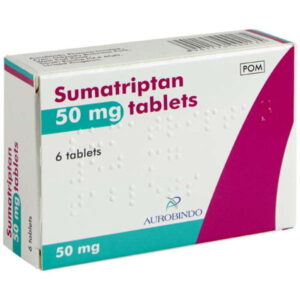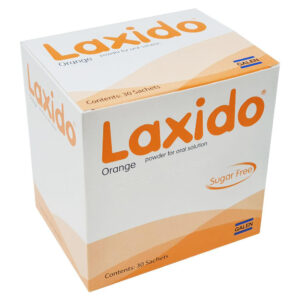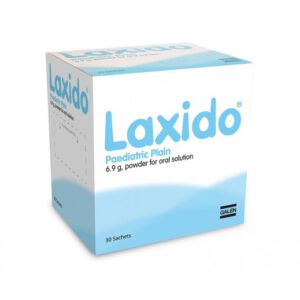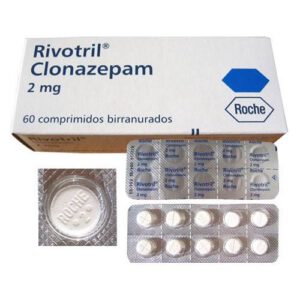Mogadon Tablets
£110.00
- MHRA-approved medication
- Join over 1.2 million customers
- Private and confidential
- Discreet next day delivery
Mogadon Tablets
Mogadon Tablets.This is a summary and does NOT have all possible information about this product. This information does not assure that this product is safe, effective, or appropriate for you. This information is not individual medical advice and does not substitute for the advice of your health care professional. Always ask your health care professional for complete information about this product and your specific health needs.
Warning
Nitrazepam has a risk for abuse and addiction, which can lead to overdose and death. Taking this medication with alcohol or other drugs that can cause drowsiness or breathing problems (especially opioid medications such as codeine, hydrocodone) may cause very serious side effects, including death. To lower your risk, your doctor should have you take the smallest dose of nitrazepam that works, and take it for the shortest possible time. Be sure you know how to take nitrazepam and what other drugs you should avoid taking with it. See also Drug Interactions section. Get medical help right away if any of these very serious side effects occur: slow/shallow breathing, unusual lightheadedness, severe drowsiness/dizziness, difficulty waking up.
Suddenly stopping this medication may cause serious (possibly fatal) withdrawal, especially if you have used it for a long time or in high doses. To prevent withdrawal, your doctor may lower your dose slowly. Tell your doctor or pharmacist right away if you have any withdrawal symptoms such as headaches, trouble sleeping, restlessness, hallucinations/confusion, depression, nausea, or seizures. Withdrawal symptoms may sometimes last weeks to months.
This medication is used by adults for the short-term treatment of trouble sleeping (insomnia). It may help you fall asleep faster and decrease the number of times you awaken during the night. It may also help you sleep for a longer time. Nitrazepam is also used by children and infants to treat a certain type of seizure (myoclonic).
This medication belongs to a class of drugs called benzodiazepines, which act on the brain to produce a calming effect. It works by enhancing the effects of a certain natural chemical in the body (GABA).
See also Warning section.
To treat insomnia, take this medication by mouth with or without food as directed by your doctor, usually before bedtime. This medication can be chewed or dissolved in liquid if you are unable to swallow it whole.
Do not use this medication if you have less than 7 to 8 hours to sleep. Doing so increases the risk of daytime drowsiness and temporary memory loss.
To treat seizures in infants and children, give the medication by mouth as directed by your doctor, usually 3 times a day.
Dosage is based on your medical condition and response to treatment. Nitrazepam is not usually used for more than 7 to 10 days when treating insomnia. Long-term use can cause the medication to build up in your body, increase side effects, and cause dependence. It can make your insomnia worse after you stop taking the medication (rebound insomnia).
Though it helps many people, this medication may sometimes cause addiction. This risk may be higher if you have a substance use disorder (such as overuse of or addiction to drugs/alcohol). Do not increase your dose, take it more often, or use it for a longer time than prescribed. Properly stop the medication when so directed.
When used for an extended period, this medication may not work as well and may require different dosing. Talk with your doctor if this medication stops working well.
Tell your doctor if you continue to have trouble sleeping or your child’s seizures last or get worse.
See also Warning section.
Drowsiness, dizziness, loss of coordination, headache, lightheadedness, nightmares, trouble walking, or falling may occur. To reduce the risk of injury from falling, take this medication right before going to bed. If any of these effects last or get worse, tell your doctor or pharmacist promptly.
This medication may make you sleepy during the day. Tell your doctor if you have daytime drowsiness. Your dose may need to be adjusted. Some people, particularly children, may experience excitability rather than drowsiness.
Remember that this medication has been prescribed because your doctor has judged that the benefit to you is greater than the risk of side effects. Many people using this medication do not have serious side effects.
Tell your doctor right away if you have any serious side effects, including:
nausea/vomiting that doesn’t stop
mental/mood changes (such as confusion, hallucinations, agitation, anxiety, depression, thoughts of suicide)
memory problems
fast/pounding/irregular heartbeat
fainting
muscle spasms
dark urine
stomach/abdominal pain
yellowing eyes/skin
signs of infection (such as sore throat that doesn’t go away, fever)
Rarely, after taking this drug, people have gotten out of bed and driven vehicles while not fully awake (“sleep-driving”). People have also sleepwalked, prepared/eaten food, made phone calls, or had sex while not fully awake. Often, these people do not remember these events. This problem can be dangerous to you or to others. If you find out that you have done any of these activities after taking this medication, tell your doctor right away. Your risk is increased if you use alcohol or other medications that can make you drowsy while taking nitrazepam.
A very serious allergic reaction to this drug is rare. However, get medical help right away if you notice any symptoms of a serious allergic reaction, including:
rash
itching/swelling (especially of the face/tongue/throat)
severe dizziness
trouble breathing
This is not a complete list of possible side effects.
Before taking nitrazepam, tell your doctor or pharmacist if you are allergic to it; or to other benzodiazepines (such as diazepam, temazepam); or if you have any other allergies. This product may contain inactive ingredients, which can cause allergic reactions or other problems. Talk to your pharmacist for more details.
Related products
Uncategorized
Uncategorized
Uncategorized
Uncategorized
Uncategorized
Uncategorized
Uncategorized
Uncategorized

